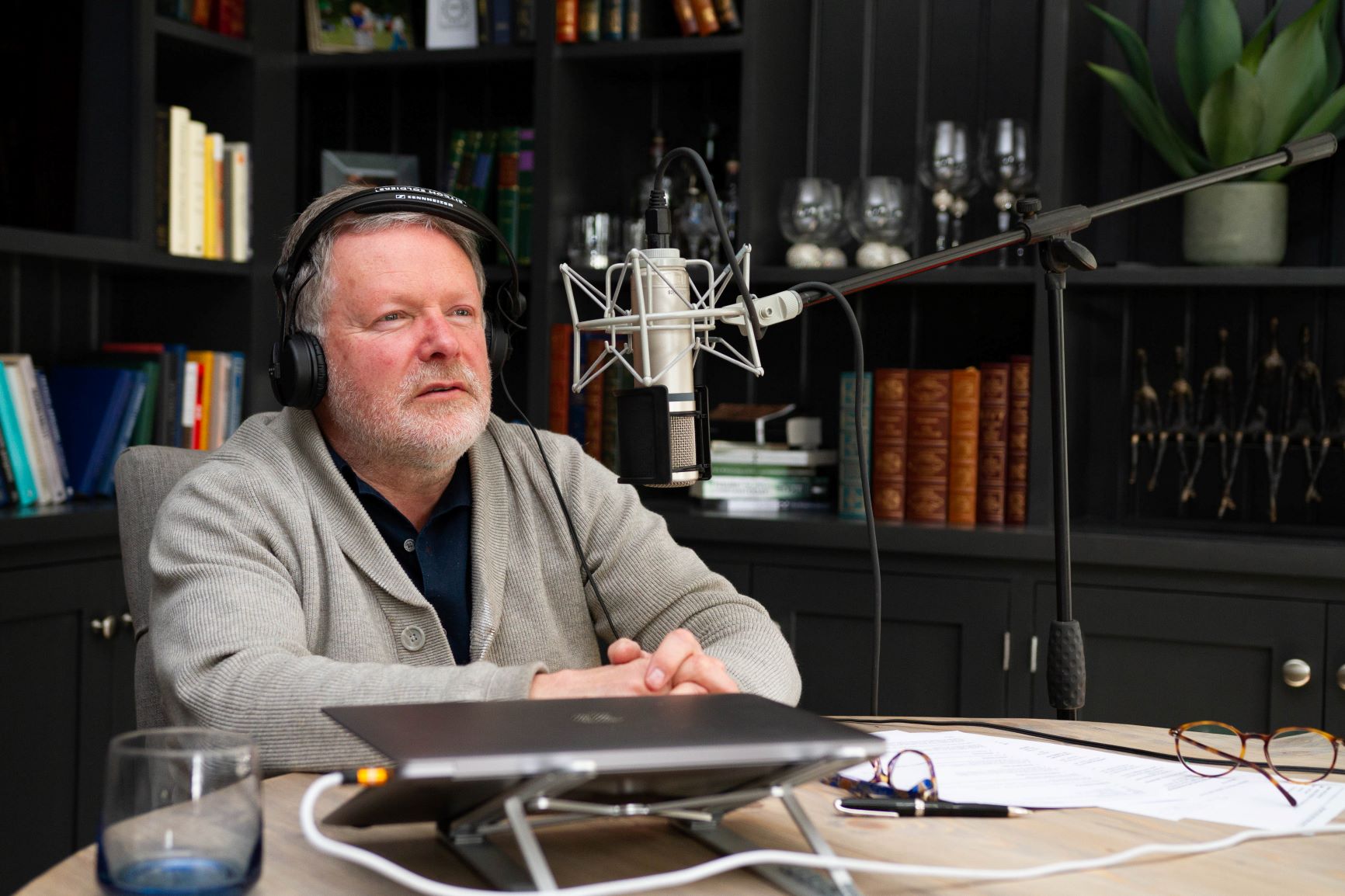- People
- Expertise
Our expertise
We are a team of more than 500 professionals, with the depth of experience which makes us genuine experts in our fields. Together, gunnercooke’s people have strength across just about every corporate discipline and sector. We provide legal, commercial and strategic advice that delivers real value to the clients we work with, which span from multinational enterprises through to unicorns and non-for-profit organisations. Our breadth of expertise covers some of the most interesting and important emerging disciplines, from ESG and charity law, to blockchain and competition.
Search by practice areaDispute ResolutionDispute Resolution OverviewMeet the Dispute Resolution TeamIntellectual Property DisputesFinancial Services & FinTech OverviewProceeds of CrimeEmployment TribunalTax InvestigationProperty Dispute ResolutionInsolvency DisputesMediationCivil Fraud & Asset TracingHealth & SafetyBusiness Crime & InvestigationsLitigation & ArbitrationInternational Arbitration - International
International Offices
The gunnercooke group has 15 main global offices across England, Scotland, the US, Germany and Austria, with further plans for growth in the coming years. These offices enhance the existing in-house capability of our dedicated international teams and dual-qualified experts that cover Spain, France, Italy, Portugal, Brazil, China, India, Poland and Hungary. Our team have clients across 123 jurisdictions, speak 46 languages and are dual-qualified in 21 jurisdictions. Our expertise means we can offer large teams to carry out complex cross-border matters for major international clients.
- Our story
Our story
gunnercooke is the fastest growing corporate law firm in the UK, now making its mark globally. We comprise a rapidly growing number of experts spanning legal and other disciplines. Clients benefit from flexible options on fees to suit their needs, access to a wider network of senior experts throughout the relationship, and legal advice which is complemented by an understanding of the commercial aspects of running a business.
- Reading Room
- News & Insights

Business is littered with phrases that have become so ubiquitous as to be rendered almost meaningless.
In the world of professional services, where often the only differentiator is service quality, the phrase ‘trusted advisor’ has become somewhat over-used.
It’s coming from a good place. Trust is obviously vital as advisors deal with specialist, often complex matters and are privy to highly sensitive information.
Their work needs to be considered, accurate and delivered with professionalism and discretion.
However, the business leaders I speak to want and need more.
They see competency and confidentiality as the bare minimum. For them a truly ‘trusted advisor’ is a strategic partner that’s close to their business and capable of significant value creation.
In my experience the C-suite want intelligent, experienced and independent sounding boards who bring fresh perspective, commercial insights and new ideas into their business.
However, providing this level of close support from senior practitioners often conflicts with traditional professional service models.
Leaders are increasingly looking at their advisors and questioning whether they can meet their (rightly) high expectations.
Aligned interests?
Building a business is tough and candid external perspectives are often key to effective decision making.
Before establishing gunnercooke we approached a large and diverse sample of business leaders to understand what they wanted from their advisors.
The feedback was varied, but two common themes emerged:
- How can I access senior practitioners with the experience and insight to make a difference to my organisation?
- How can I ensure the relationship with advisors revolves around outcomes rather than fee?
Professional service firms are typically full of intelligent and talented people.
However the gap between a competent service provider and what our sample of leaders wanted is huge and can only really be bridged by experience and a commercial approach.
Leaders need advisors to have the authority of experience. To think like an executive or business owner and use their fresh perspective to proactively spot opportunities for value creation and protection.
Unfortunately many professional service firms’ revenue and delivery models don’t allow senior practitioners the flexibility or time to build this kind of relationship.
The need to maximise billable hours makes it hard for them to fully immerse themselves in a client business and become that invaluable sounding board.
The leaders I speak to are also sick of paying top whack fees knowing that much of the cost goes towards supporting unnecessary overheads, inefficient organisational processes and propping up the firm’s Profits Per Partner metric.
Clients are adept at using new technology and ways of working to improve performance and customer service in their own business.
It’s making them increasingly frustrated with traditional advisory models that revolve around hourly rates and billing rather than agility, speed and value enhancement.
Empowered advisors and flexible approaches
To meet leaders’ expectations of ‘trusted advisors’, senior practitioners need to be freed from the constraints imposed by outdated professional services structures.
They must have the freedom to invest in creating deep, broad and lasting partnerships with clients.
It also means being more than just ‘the face’ of a relationship and ensuring they are close enough to the business’ strategy and plans to be able to anticipate needs and deliver timely insight.
Firms need to empower their professionals to think like leaders and proactively find the most commercial, pragmatic and cost-efficient solutions.
For many advisory firms achieving this is limited by the need to service high overheads and the pressure to maximise Profits Per Partner.
A senior practitioner giving good advice to a client that may not lead to any fees is an anathema to them.
It also stops firms from being able to offer more flexible, commercially aligned solutions like value-based fee structures and service guarantees.
These types of arrangements can support outcome-focused partnerships where the interests of the client and its advisors remain aligned.
Can trust be measured?
Being a ‘trusted advisor’ means being transparent and results focused.
It’s anachronistic that many professional service firms still measure their success not by what they deliver for their clients, but by the profit they make from the relationship.
With gunnercooke we were determined to kill off the Profits Per Partner metric along with the timesheet culture that locks in the focus on billable time.
To evaluate our success we made the bold move of adopting the Net Promoter Score (NPS).
The system is used to measure customer satisfaction, loyalty and willingness to recommend.
Our NPS score is calculated by asking leaders just one question:
“On a scale from 0 to 10, how likely are you to recommend gunnercooke to a friend or colleague?”
It’s highly effective at demonstrating how clients feel about quality of service and is a clear indicator of trust.
I’m extremely proud to say that gunnercooke’s NPS score is +91 which is well ahead of the average for consultancies (51) and comparable to trusted brands like Tesla (97).
I think it’s testament to our model, which empowers senior entrepreneurial practitioners to design and develop their own practice as they see fit.
This enables much more commercial, agile and value-focused approaches where Partners and clients can develop truly symbiotic relationships.
Time for change
For me it’s no surprise that gunnercooke’s approach chimes with what leaders want…it was designed around their feedback!
Leaders will always need the support of independent experts who can advise, not just on their specialist subject, but other matters where their real-world experience and intelligence adds value.
I passionately believe the wider professional services industry needs to continue evolving for the term ‘trusted advisor’ to be truly relevant and meaningful.






